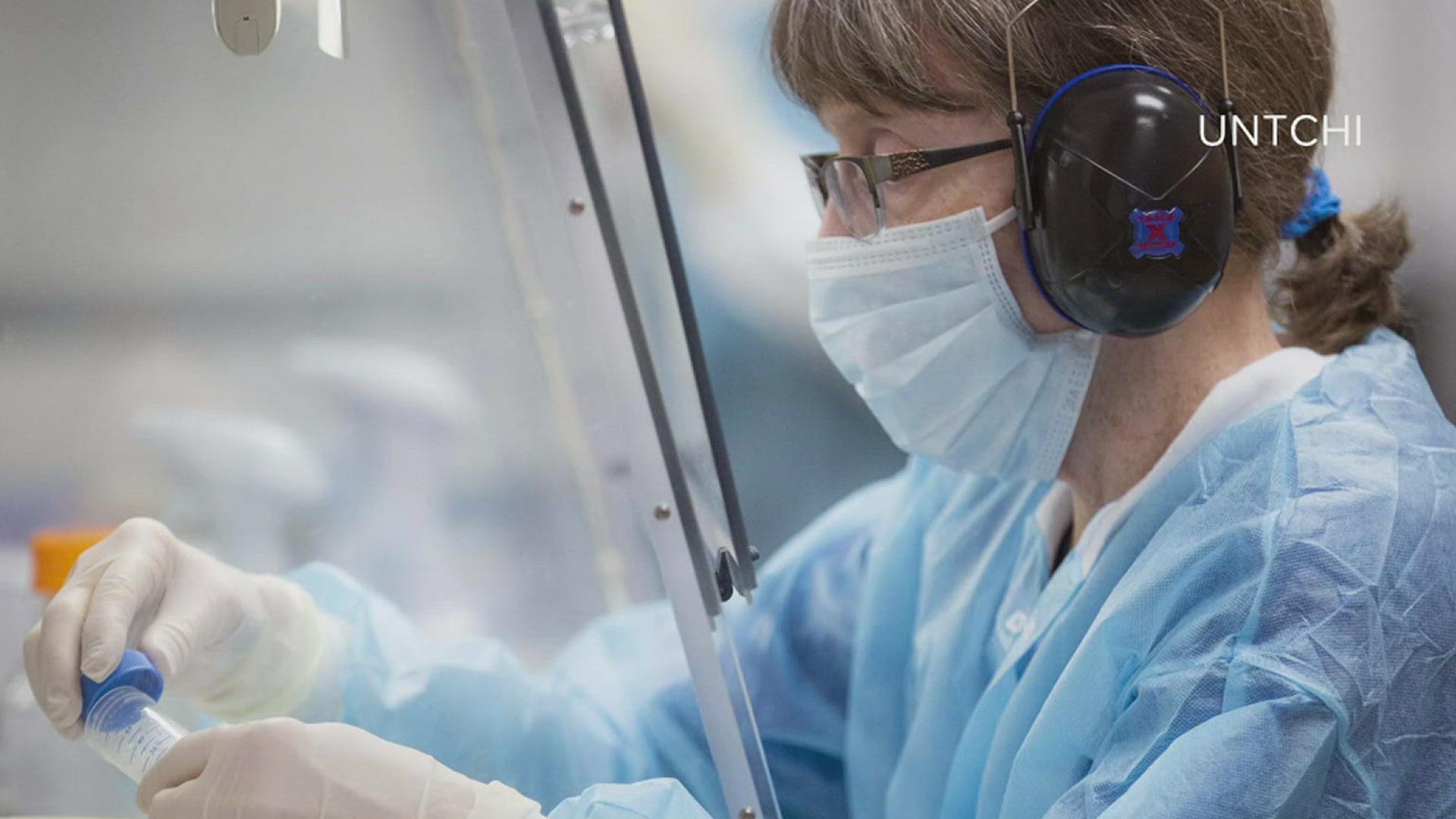CORPUS CHRISTI, Texas — The human remains that were found inside a wastewater installment at Lexington and Holly Road on Monday are being sent to North Texas for DNA analysis.
City water employees made the discovery while conducting maintenance operations and immediately called police.
The collection point said to be 40 feet deep and had to be drained before first responders could attempt to retrieve the remains.
Investigators still have not yet found any link to missing person Caleb Harris, who disappeared from a nearby apartment complex, March 4th.
The Center for Human Identification based at The University of North Texas Health Science Center at Fort Worth is set to receive the remains.
It is the foremost resource in the United States for the identification of missing persons and unidentified human remains.
Police say the remains are being sent to the center after the medical examiners office was unable to identify the remains because they were in such an advanced state of decomposition.
The center specializes in DNA lab testing.
"So when other means of identification for remains or missing persons such as dental records, or finger prints, when they are not successful we can perform DNA testing and put those samples into the CODIS database which is combined DNA index system," said Lab Director Melissa Haas.
In the last couple of years the Center for Human Identification has transitioned to focus on cases specifically in the state of Texas.
"In 2023 we received 256 unidentified human remains and 275 family reference samples," Haas said.
The type of remains can range.
"They can be more fresh bodies that are recovered, in that instance, we may receive blood cards -- which are the easiest type of samples to process -- but then we also get skeletal remains that have been in the elements for many many years either in clandestine graves or recovered from water," Haas said. "So the range of complexity for what we test is very vast."
Their work is state funded which allows them to create a DNA profile.
"We then perform DNA analysis on family reference samples and create pedigree trees for entry into CODIS," she said. "Our hope is the unidentified human remains or missing person sample will then associate with the family reference samples."
Haas said they don't consider it necessarily giving families closure but, "getting the answers they need. Our goal is to answer a question in order to resolve cases and allow families to start that healing process."
Corpus Christi police believe the process to make a positive identification could take weeks.

